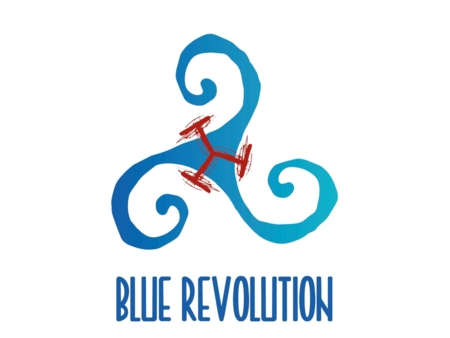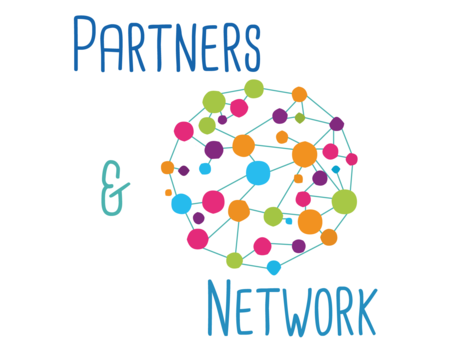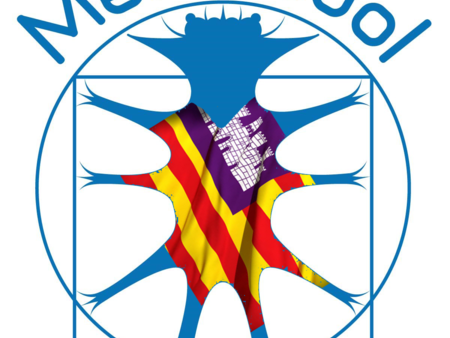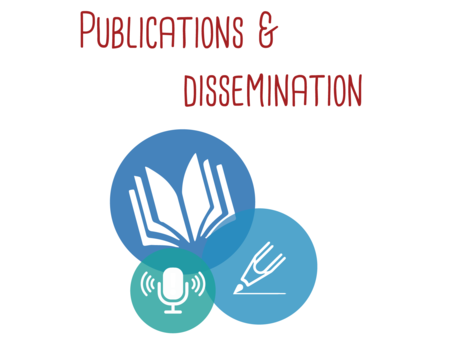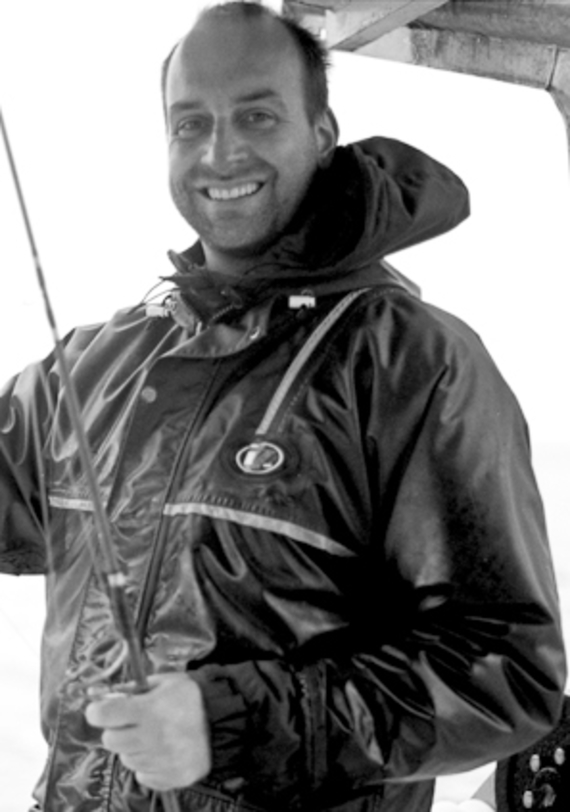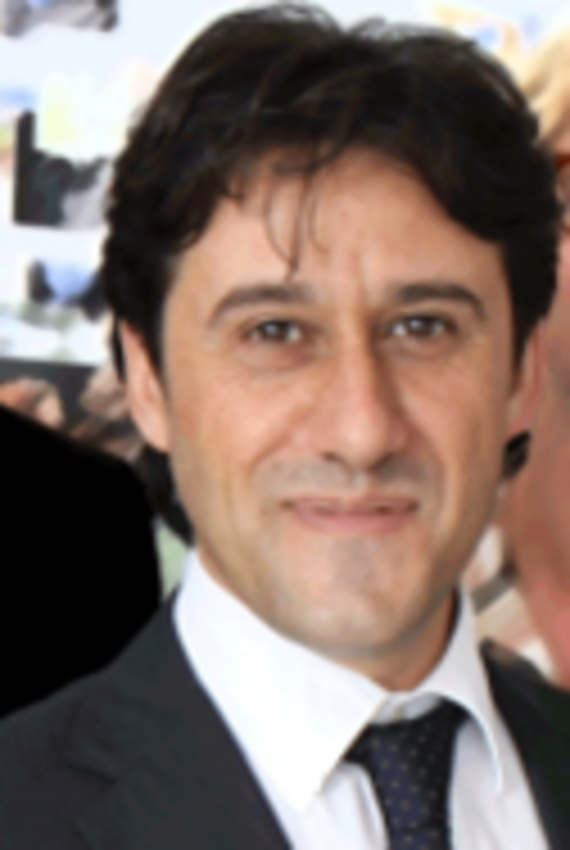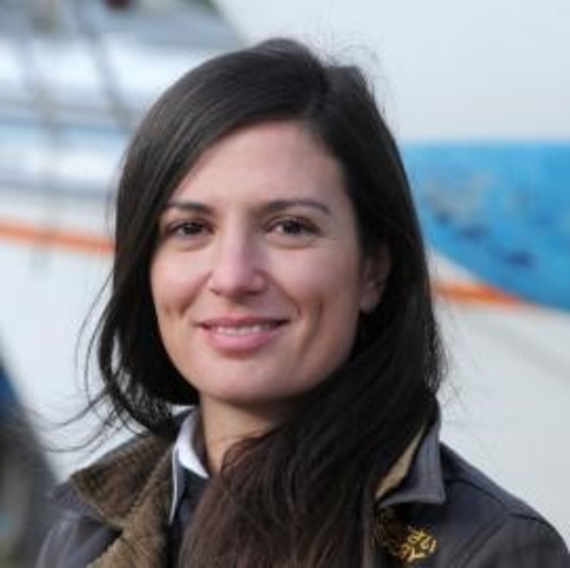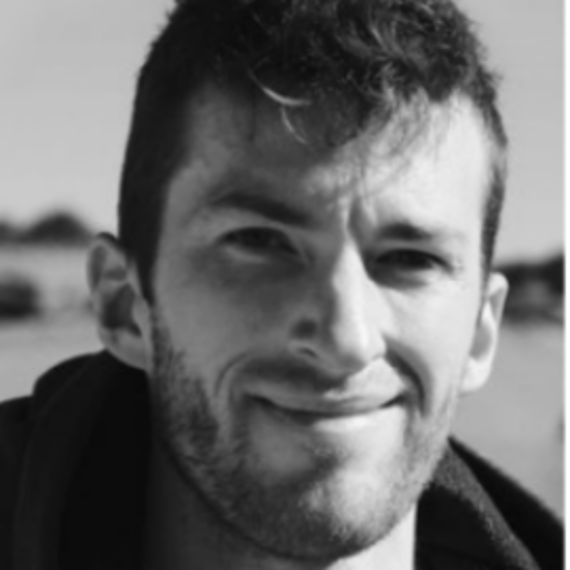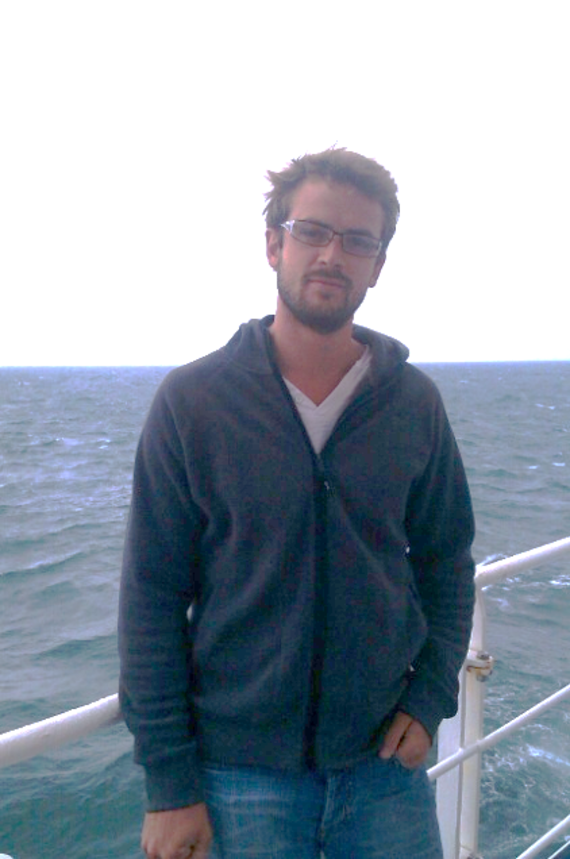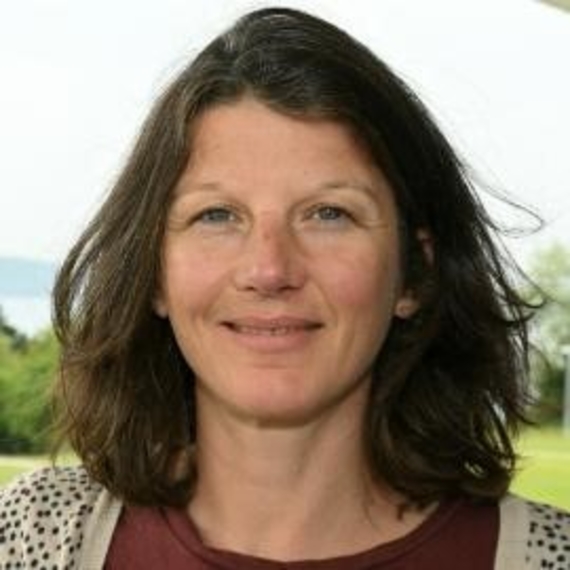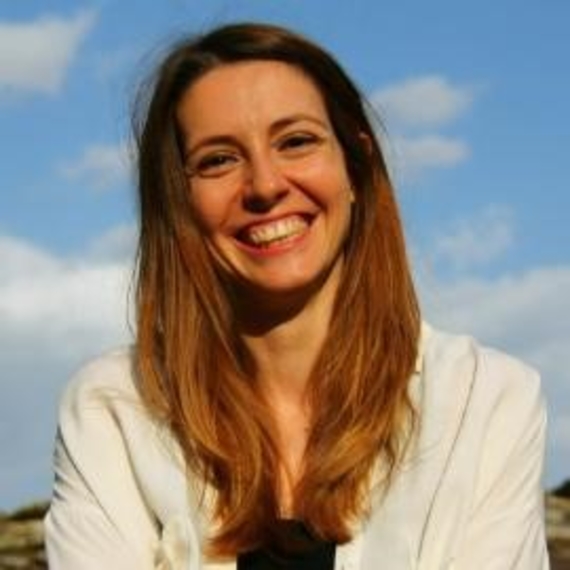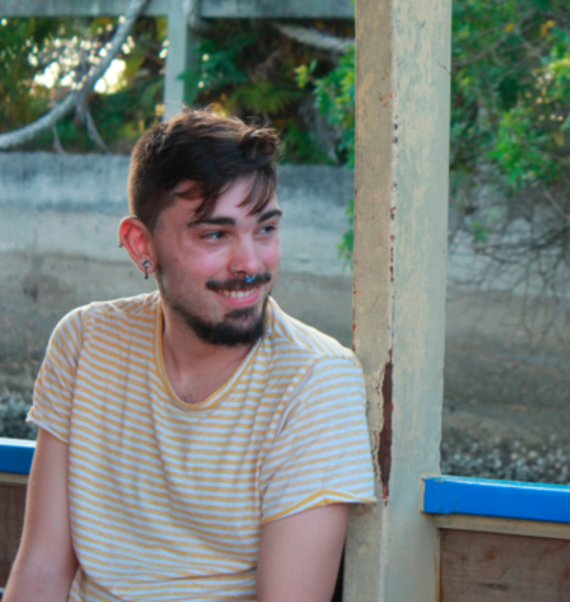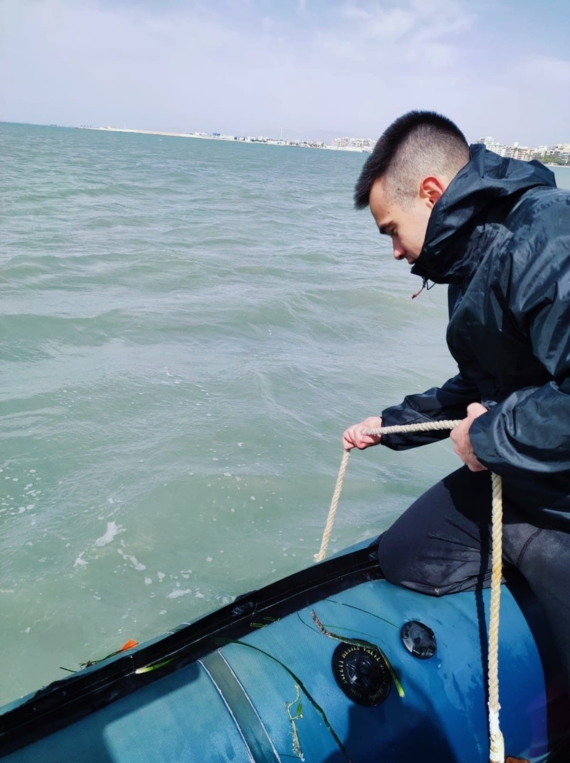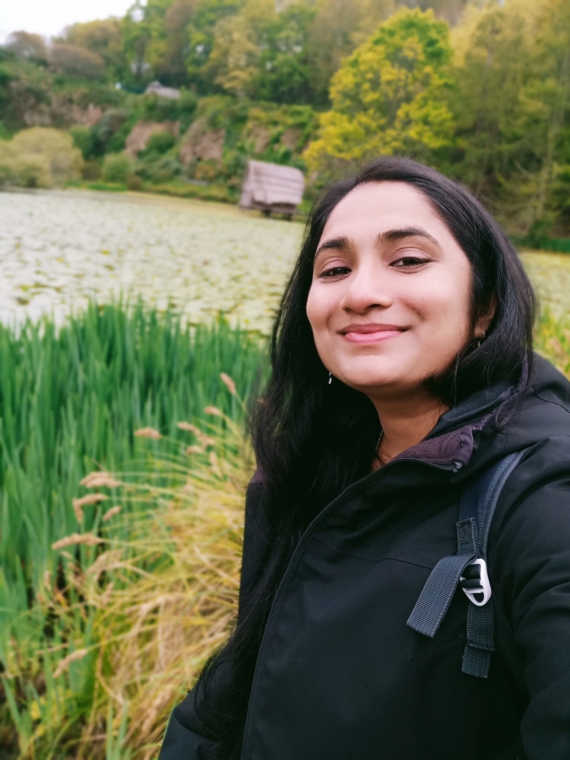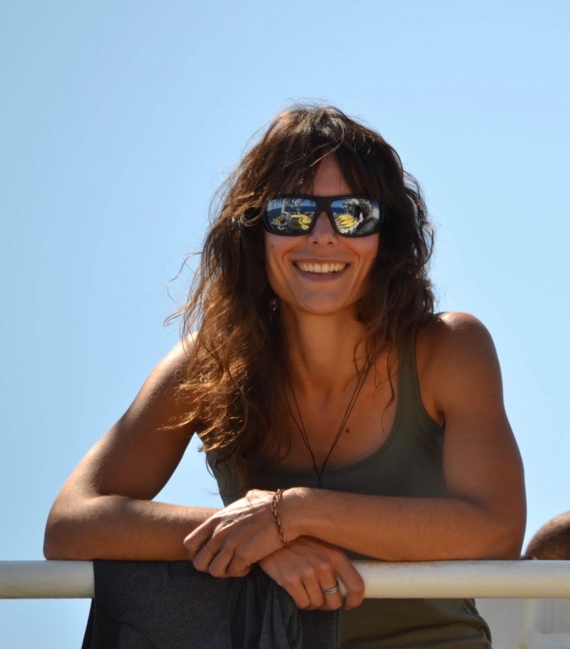Invited speakers & tutors
Daniel Leduc National Institute of Water and Atmospheric Research, Wellington (NIWA) Daniel is a nematode taxonomist and benthic ecologist based at NIWA in Wellington, New Zealand. He has described over 100 new nematode species from shallow and deep-sea marine environments using morphological and molecular approaches. He has conducted research on the ecology of benthic communities from intertidal to hadal habitats, and is interested in community ecology, food webs, and benthic ecosystem function. | |
Pedro Martinez Deutsches Zentrum für Marine Biodiversitätsforschung, Germany Pedro Martinez Arbizu is Professor of Marine Biodiversity at University of Oldenburg. He studied biology at the Carl von Ossietzky Universität Oldenburg (Germany) and he obtained his Ph. D. degree at the Carl von Ossietzky Universität Oldenburg (2000) on a project on: "The paraphyly of Cyclopinidae Sars, 1913 and the phylogenetic position of poecilostome families within Cyclopoida Burmeister, 1835 (Copepoda: Crustacea)". From 1994 to 1998 he was Research assistant at Universität Oldenburg, working on Quantitative and systematic composition of Arctic meiofauna, specially harpacticoid copepods, and Latitudinal species diversity gradients of deep-sea meiofauna in the Southern Atlantic. From 1999 to 2001 he was Professor at Universidade Federal do Paraná in Curitiba, Brazil. Since 2001 he is Professor at the University of Oldenburg and Director of the German Center for Marine Biodiversity Research, at Senckenberg Research Institute. | |
Daniela Zeppilli Deep Sea Lab, Brest (IFREMER) Daniela Zeppilli is interested in benthic ecology and taxonomy of meiofauna from deep-sea and extreme environments, exploring how nematodes and associated micro-organisms interact in these unique environments. In her research, she combined several visualization and genetic techniques to show association and function of microbiome in extreme nematodes. Daniela’s research also focuses on finding new techniques for advancing the description of meiofauna biodiversity, including new 3D imaging techniques, genetic probes and artificial intelligence approaches. In this context, she is coordinating the project BLUEREVOLUTION. Since 2018, Daniela is the head of the Deep-Sea Lab at IFREMER, Brest, France.
| |
Valentin Foulon BlueRev Project, Brest (ENIB) Valentin Foulon is a research engineer at Brest National School of Engineering, working in collaboration with Ifremer Deep Sea Lab and Station Biologique de Roscoff. His main research interest is to adapt quantitative imaging methods for sediment samples exploration, with a special focus on meiofauna. He use complementary 2D and 3D microscopy technics from low to high resolution to contribute of the identification of meiofauna by machine learning. This work take place in the context of the BlueRevolution project, with the objective of increasing the speed of taxonomic identification and of ecological description of benthic compartments.
| |
Pierre-Antoine Dessandier Deep Sea Lab, Brest (IFREMER) Pierre-Antoine Dessandier is a researcher at Ifremer in the Deep Sea Lab, expert in foraminiferal taxonomy and ecology. His main research interests focus on the use of benthic foraminifera in deep sea and extreme environments as bio-indicators of ecosystem health. He explores the foraminiferal assemblages from hydrothermal vents, cold seeps and abyssal plains to investigate their contribution to the marine biodiversity and their interaction with microbial and meiofauna communities. Pierre-Antoine’s research also focuses on mineral resources and impact of their potential exploitation on marine biosiversity. He is contributing to the BlueRevolution project as foraminiferal expert.
| |
Catherine Borremans Deep Sea Lab, Brest (IFREMER) Catherine Borremans is the Biology and Imagery Engineer of Ifremer’s Deep Sea Lab since 2017. She participates in the processing and analysis of imagery data acquired by submersibles and observatories for marine habitats and fauna studies, and more recently by microscopy imaging of microfauna. She is particularly involved in images and videos annotation, development of analysis methods and tools, students training on these techniques and also in imagery data management and standardisation. One important aspect of her work consist in developing new approaches based on machine- or deep-learning algorithms allowing for automated detection and classification of organisms and habitats on images, and this through collaborations with computer vision and artificial intelligence experts (e.g. BLUEREVOLUTION project). Among other projects she is interested in participative sciences initiatives engaging citizens in the image annotation process (e.g. Deep Sea Spy). She has been co-chair (with D. Pelletier) of the Ifremer Imaging Working Group since 2018, initiating and organizing collaborative imagery-related actions and information exchanges within Ifremer, and beyond. She is a member of the International Marine Imaging Workshop (MIW) committee (since 2019) and is coordinating the organization of the MIW in 2022.
| |
Nuria Sánchez Facultad de Ciencias Biológicas, Departamento de Biodiversidad, Ecología y Evolución, Madrid(Univsersidad Complutense de Madrid) Nuria Sánchez is a is assistant professor at the Complutense University of Madrid, Spain. Her research is focused on the taxonomy, phylogeny, ecology, and biology of meiofaunal animals. Over the last years, she has investigated the effect of ecological factors on the benthic community using several meiofaunal groups as models, such as nematodes, kinorhynchs, tanaidaceans and halacarids. She has explored meiofauna communities in a large variety of ecosystems, from shallow waters (i.e. Posidonia oceanica meadows) to deep-sea extreme environments under human pressure either due to future risk of exploitation (i.e. polymetallic nodule fields and seafloor massive sulphide formed by hydrothermal vent activity).
| |
Diego Cepeda Facultad de Ciencias Biológicas, Departamento de Biodiversidad, Ecología y Evolución, Madrid(Univsersidad Complutense de Madrid) Diego Cepeda is a postdoctoral researcher at the Universidad Autónoma de Madrid (UAM) in Spain, where he develops his research lines focused on systematics, biology and ecology of different marine, meiofaunal groups, mainly focusing on the phyla Annelida and Kinorhyncha. During the most recent years, he has analysed meiofaunal communities of extreme environments (intertidal zone, harbours, mangroves, submarine volcanoes, cold seeps…) to detect the main environmental drivers shaping the meiofauna distribution in these particular ecosystems and the tolerance of the species to the extreme factors. Also, he is part of the research team of different national and international projects, including the BLUEREVOLUTION project where he collaborates with his expertise in meiobenthos taxonomy in the adaptation of the quantitative 3D-imaging method by building a reference training dataset based on processed images.
| |
Alberto González Casarrubios Facultad de Ciencias Biológicas, Departamento de Biodiversidad, Ecología y Evolución, Madrid(Univsersidad Complutense de Madrid) Alberto González Casarrubios is a predoctoral researcher at the Complutense University of Madrid (UCM) in Spain, interested in the taxonomy, ecology and biology of different groups of meiofauna. His research focuses mainly on Scalidophora (especially Kinorhyncha and Loricifera) from extreme environments, such as the deep-sea, submarine volcanoes, mangroves, etc. The aim of his studies is to identify and describe the fauna existing in these environments, to explain their distributions and relate them to biotic and abiotic factors, and to analyse and, if possible, standardise the way in which these types of studies are carried out.
| |
Ranju Radhakrishnan Deep Sea Lab, Brest (IFREMER/AIFM) Ranju is a Post-doctoral fellow jointly sponsored by ISA and IFREMER, who is currently working on the taxonomic identification and ecology of benthic foraminifera from the French AIFM mineral resource permit zones under the BLUE REVOLUTION project. She has been working on the taxonomy of invertebrates specially protozoans including the rhizopods and benthic foraminifera and the biodiversity of these organisms in various aquatic ecosystems as well marine habitats like the continental shelf and slope of Arabian Sea and deep ecosystems of Bay of Bengal. Her works focus on the distribution of the foraminifera and the impact of climate change on these minute calcifiers and their application in biomonitoring studies. Ranju is a recipient of the Innovation in Science pursuit for inspired research (INSPIRE) fellowship of the ministry of Science and Technology of the Government of India at CUSAT, India. | |
Sandra Fuchs Deep Sea Lab, Brest (IFREMER) Sandra is molecular biology engineer at the Deep Environment Laboratory of Ifremer Brest since 2016. In the Blue Revolution project, she supports the team of biologists and answers questions related to the future integration of molecular biology in the project. She is also co-leader of the project's outreach and communication WP. Beyond the science that she loves, sharing knowledge and making the general public discover science in all its facets is an important part of her vision of research. |






